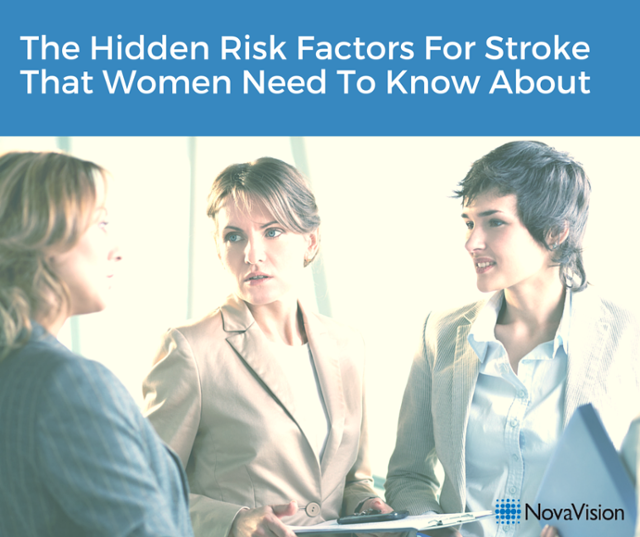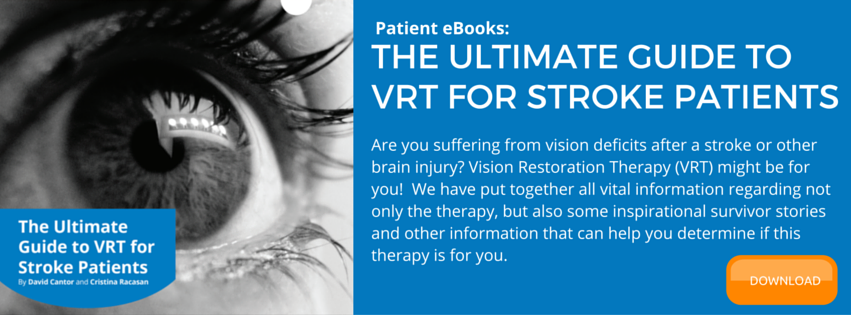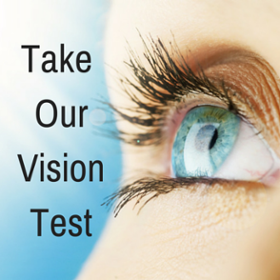
According to The National Stroke Association, approximately 55,000 more women than men will suffer from a stroke this year. Although there are common risk factors that everyone should be aware of, there are risk factors that are unique to women. The fact that an estimated 100,000 U.S. women under 65 will have a stroke this year according to the American Stroke Association means it is more important than ever that women identify and become familiar with these risk factors. In addition to risk factors that could affect anyone such as smoking, being overweight, family history, and high blood pressure, women face these unique risk factors:

Being Pregnant.
Even during a normal healthy pregnancy there are changes in a woman’s body that may increase her risk for stroke. For example, some women may experience increased blood pressure during pregnancy, also known as preeclampsia. Stroke risk increases during a normal pregnancy due to natural changes in the body such as increased blood pressure and stress on the heart.
Birth Control Pills.
Although using oral contraceptives does increase your risk of stroke, those that should be most concerned are women who also have additional risk factors such as cigarette smoking, high blood pressure or diabetes. Researchers have found that there are about 4.4 ischemic strokes for every 100,000 women of childbearing age. That number of strokes increases to 8.5 in women who are taking birth control pills.
Hormone Replacement Therapy (HRT).
Hormone therapy uses one or more female hormones, typically estrogen and progestin, to treat the symptoms of menopause such as hot flashes, mood swings and sleep disorders. Your risk would likely be associated with the specific type of hormones and the dose prescribed so it is important to monitor this closely with a doctor.
Migraine Headaches with Aura.
According to the National Stroke Association, migraines can increase a woman’s stroke risk two and a half times! This is important considering the majority of people in the U.S. who suffer migraines are in fact women. Specifically, migraine headaches with Aura are a more specific type of headache associated with an increased risk for stroke. Aura simply refers to the feelings and symptoms you notice shortly before the headache begins.
Atrial Fibrillation.
Commonly known as Afib, Atrial Fibrillation is a type of irregular heartbeat, often caused when the two upper chambers of the heart either beat unpredictably or rapidly. These irregular heartbeats can cause blood to collect in the heart and potentially clot, which can travel to a person’s brain and cause a stroke. This heart condition is more common in women than it is in men after the age of 75.
In addition to maintaining a healthy lifestyle that includes regular exercise, a balanced diet and avoiding smoking, it is important that women also take these additional risk factors into consideration. Although some of these risks may be unavoidable, being aware and communicating any concerns with your doctor early on can be beneficial in preventing stroke from happening.



